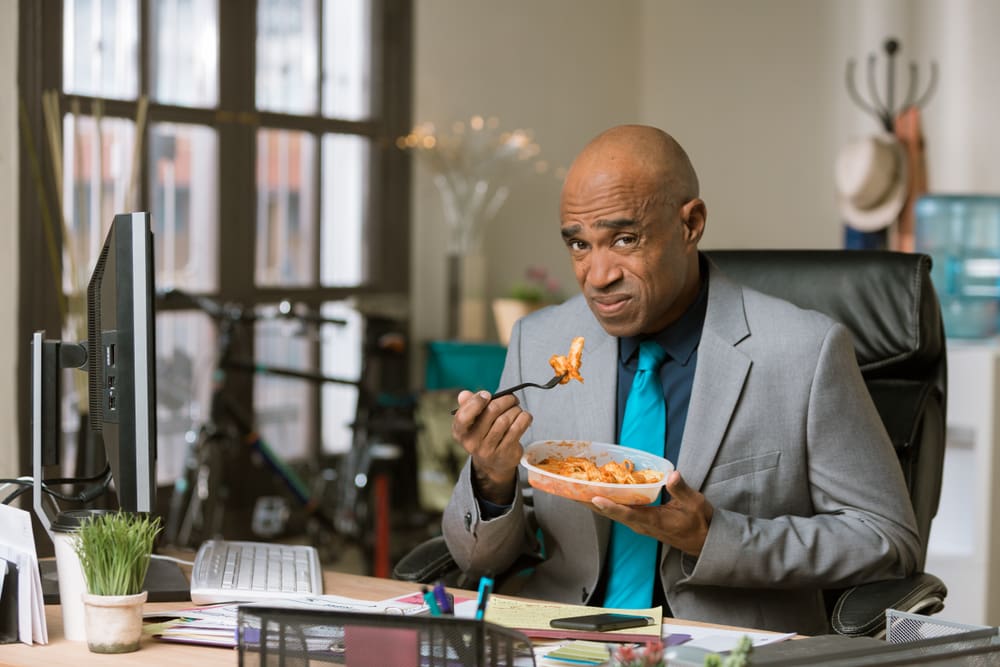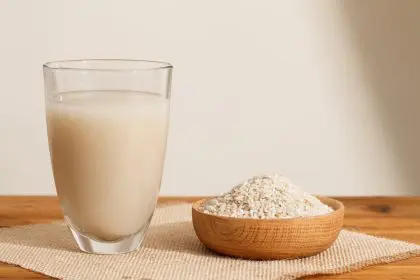The importance of a colonoscopy cannot be overstated in the realm of preventive medicine and diagnostic procedures. This examination allows doctors to closely inspect the inner lining of your large intestine (colon) and rectum, offering critical insights that can help in diagnosing conditions like colon cancer, polyps, tumors, and other changes in the colon. A key preparation step for this procedure involves a clear liquid diet and avoiding eating solid foods before the exam. But why is this step so essential? This article delves into the crucial reasons to avoid eating before a colonoscopy, shedding light on how this preparation enhances the procedure’s effectiveness and ensures patient safety.
Understanding Colonoscopy
Before diving into the reasons for fasting, let’s briefly understand what a colonoscopy entails. It involves the use of a long, flexible tube (colonoscope) that transmits images of the colon’s interior to a screen for examination. For accurate diagnosis and treatment, the colon must be empty and clean.
The Crucial Reasons
1. Ensuring Clear Visibility
The primary reason for avoiding food before a colonoscopy is to ensure the colon is as clear as possible. Any residue from solid foods can obscure the view of the colon’s lining, potentially hiding polyps, lesions, or other abnormalities. This clear visibility is crucial for a thorough examination and accurate diagnosis.
2. Reducing Risk of Complications
Eating before the procedure can increase the risk of complications such as aspiration (inhaling food or liquid into the lungs) under sedation. It can also lead to an incomplete procedure if the colon is not adequately prepared, possibly requiring a repeat examination.
3. Enhancing Sedation Safety
Fasting before a colonoscopy enhances the safety and effectiveness of sedation. With an empty stomach, the risks associated with anesthesia, such as nausea and vomiting, are significantly reduced. This precaution ensures a smoother sedation process, contributing to the overall safety of the procedure.
4. Facilitating Easier Polyp Removal
A clean colon also facilitates easier detection and removal of polyps. If polyps are detected, they can often be removed during the procedure. A well-prepared colon without residual food particles allows for more efficient and effective polyp removal.
5. Minimizing Infection Risk
An empty colon reduces the risk of infection, particularly if any interventions, such as biopsies or polyp removal, are performed. The presence of fecal matter can increase the risk of introducing bacteria into the bloodstream during such interventions.
How to Prepare
Follow the Diet Plan
Adhering to the prescribed liquid diet is crucial. This usually includes clear broths, tea, coffee (without milk or cream), clear juices, and gelatin. Avoiding red and purple-colored beverages is recommended as they can stain the colon, mimicking blood.
Taking Laxatives as Prescribed
Laxatives are often prescribed to clear the colon completely. It’s important to follow your doctor’s instructions carefully regarding the type and timing of laxatives to ensure they work effectively.
Staying Hydrated
While solid foods are off-limits, staying hydrated is essential. Water, clear juices, and broth can help maintain hydration levels without compromising the cleanliness of the colon.
Conclusion
A colonoscopy is a pivotal diagnostic tool in detecting and preventing colorectal cancer and other gastrointestinal diseases. The preparation phase, specifically avoiding eating before the procedure, plays a vital role in ensuring the exam’s success and safety. By ensuring clear visibility, reducing the risk of complications, enhancing sedation safety, facilitating easier polyp removal, and minimizing infection risk, this preparation step is foundational.
Adhering to your doctor’s instructions for colonoscopy preparation not only contributes to the accuracy and effectiveness of the procedure but also underscores your role in proactive health care management. Remember, the preparation might seem demanding, but the benefits it brings in diagnosing and preventing potentially life-threatening conditions are invaluable. Your diligence and cooperation can make a significant difference in achieving a clear and informative examination, paving the way for healthy outcomes.
This comprehensive examination of the reasons to avoid eating before a colonoscopy underscores its critical role in health care. With these insights, patients can approach their colonoscopy with informed preparation, contributing to the procedure’s success and their overall health and well-being.
This story was created using AI technology.














